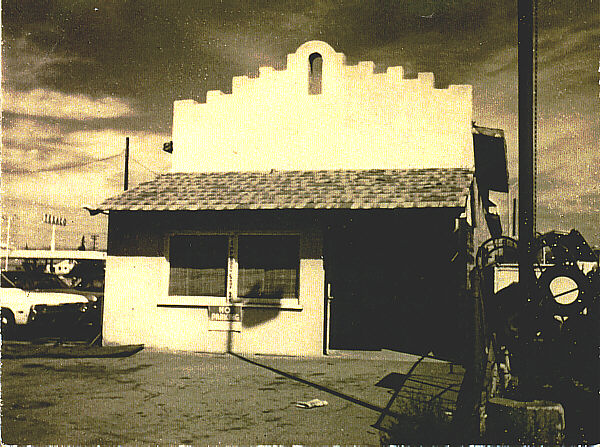By Nick Cahill
Sacramento — Millions of children enrolled in Medi-Cal aren’t getting basic preventative health checkups required by the program, which serves nearly half of all kids in California, according to a state audit released Thursday.
Multiple factors keep an annual average of 2.4 million children from services like physicals and immunizations, particularly a lack of doctors willing to accept the state’s reimbursement rates and a glaring lack of oversight on taxpayer-funded private health care plans that are contracted to cover California’s poorest families.
State Auditor Elaine Howle says bringing more children in for preventive health screenings will likely require lawmakers to give raises to providers that accept Medi-Cal and drastic changes at the agency tasked with monitoring the program.
Preventative health & bloated Medi-Cal
Early health services not only decrease a child’s likelihood of future illness and disability, studies show they are a great use of tax dollars. According to the National Bureau of Economic Research, costs related to an individual child’s preventative care are recouped by age 36 with an additional 550 percent return on investment by the age of 60.
California has the largest medical assistance program in the nation and as of December 2017 covered over 5.5 million children. The California Health Care Foundation estimates that Medi-Cal will serve approximately 40 percent of the state’s children in 2019.
But as the number of enrollees has grown over the years, so has the number of Californians living in areas that lack an adequate amount of health care providers – places classified as health professional shortage areas.
The problem contributes to California’s meager utilization rate for preventative services, which is below 50 percent and ranked 40th in the nation. In addition, immunization rates for children in Medi-Cal were just 70 percent in 2017, short of the state’s 80 percent goal.
“California’s low national ranking, and the fact that it has not met its goal, indicate that Department of Health Care Services should do more to ensure the health of California’s children,” the audit states.
The department has the lofty task of overseeing Medi-Cal, which serves 13 million people at an estimated cost of $99 billion in the current fiscal year. The program mainly covers low-income adults, children regardless of immigration status and people with disabilities. Most people sign up for what’s known as managed care, or plans executed by private health insurers that are overseen by the department.
Potential Fixes
Howle acknowledges the department has a lot on its plate with the ever-growing Medi-Cal, but insists it must do a better job of making sure managed-care insurers are holding up their end of the bargain.
“In fact, we found a consistent pattern of the department delegating responsibilities to plans but not providing a commensurate level of oversight. For instance, the department requires plans to provide a particular schedule of preventive services for children but it has not clearly informed plans, providers and beneficiaries about these services,” Howle said.
Along with asking the Legislature for more money to reimburse doctors, the audit says the department could choose to fine underperforming insurers and reward providers and families for making sure that children receive preventative care.
“Although these options may require additional funding and would take time to realize results, similar programs in states with higher utilization rates indicate these efforts may be effective,” the audit states.
Other hurdles to utilization rates include families having to travel hundreds of miles in places like the Central Valley to see doctors, as well language barriers.
In response, the department agreed with most of Howle’s findings and said that it was already implementing some of the recommendations. It pointed to a new loan-repayment program for new doctors who agree to take patients in underserved parts of the state, paid for by a 2016 voter-approved retail tax increase on tobacco products.
“California needs the department, as the state agency in charge of Medi-Cal, to fundamentally change its approach to overseeing the delivery of children’s preventive health services and to actively propose and administer new efforts that will increase utilization rates,” concludes the 76-page report.
Read the fuil report here.
Like this:
Like Loading...
Related





 Tweet This
Tweet This Facebook
Facebook Digg This
Digg This Bookmark
Bookmark Stumble
Stumble RSS
RSS

























REAL NAMES ONLY: All posters must use their real individual or business name. This applies equally to Twitter account holders who use a nickname.
0 Comments
You can be the first one to leave a comment.